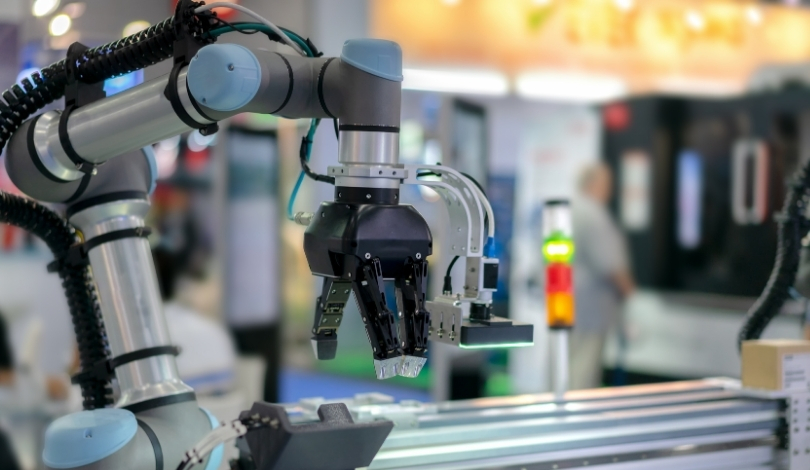Waymo LLC has announced that individuals in San Francisco can now hail a robotaxi through the Waymo app, making the service universally accessible in the city. The company’s expansion comes after years of incremental scaling and extensive user sign-ups. The elimination of the waitlist marks a significant milestone in Waymo’s journey to provide autonomous transportation in major urban areas. The initiative is part of a broader strategy aiming to integrate more technologically advanced and sustainable transit solutions for the public.
Starting today, Waymo is opening its robotaxi service to everyone in San Francisco. The company, a subsidiary of Alphabet Inc., has been gradually scaling its operations in the city. To date, nearly 300,000 individuals have signed up to ride since the waitlist was introduced. Waymo’s decision to remove the waitlist follows significant usage data indicating strong public interest. For more details, see Waymo’s official blog.
Service Expansion Efforts
Before this latest move, Waymo has been extending its services incrementally in San Francisco. The company stated in their blog post that they are currently completing tens of thousands of weekly trips. The Waymo One service, touted for its safety and sustainability, aims to provide reliable transportation options for both locals and visitors. This expansion aligns with Waymo’s broader strategy of becoming a staple in autonomous urban transit.
Additional Expansions
Beyond San Francisco, Waymo has been expanding its robotaxi operations in other cities. Earlier this month, the company extended its service area in Phoenix by 90 square miles, covering more regions including Scottsdale’s resorts and downtown Mesa. This expansion allows for greater accessibility to popular destinations like golf courses and arts centers. The company’s goal is to offer seamless, autonomous transport options across various metropolitan areas.
Insights from Riders
Recently, Waymo conducted a survey among its San Francisco riders to understand their usage patterns. The survey revealed that 30% of rides were to local businesses, while over half of the riders used the service for medical appointments. This underscores the value of private, autonomous transportation in facilitating essential visits. Furthermore, 36% of riders used the service to connect to other forms of public transit, highlighting its role in an integrated transport ecosystem.
Waymo’s operations are not without challenges. Earlier this month, the company voluntarily recalled its fleet after a robotaxi hit a telephone pole in Phoenix. The recall involved a software update to address mapping issues and improve vehicle response to physical obstacles. This incident highlights the ongoing need for rigorous testing and updates to ensure safety in autonomous vehicle operations.
Additionally, California legislation that could have imposed restrictions and taxes on autonomous vehicle companies was recently withdrawn. This legislative development could have significant implications for the future of autonomous transportation in the state, affecting companies like Waymo.
The ongoing evolution of Waymo’s robotaxi services reflects broader trends in autonomous vehicle technology and urban transportation. The company’s expansion in San Francisco and other cities highlights the growing demand for innovative transit solutions. However, safety incidents and regulatory challenges underscore the complexities involved in scaling such technologies. As Waymo continues to improve its services, the balance between innovation and safety will remain a focal point for the company and its users.










